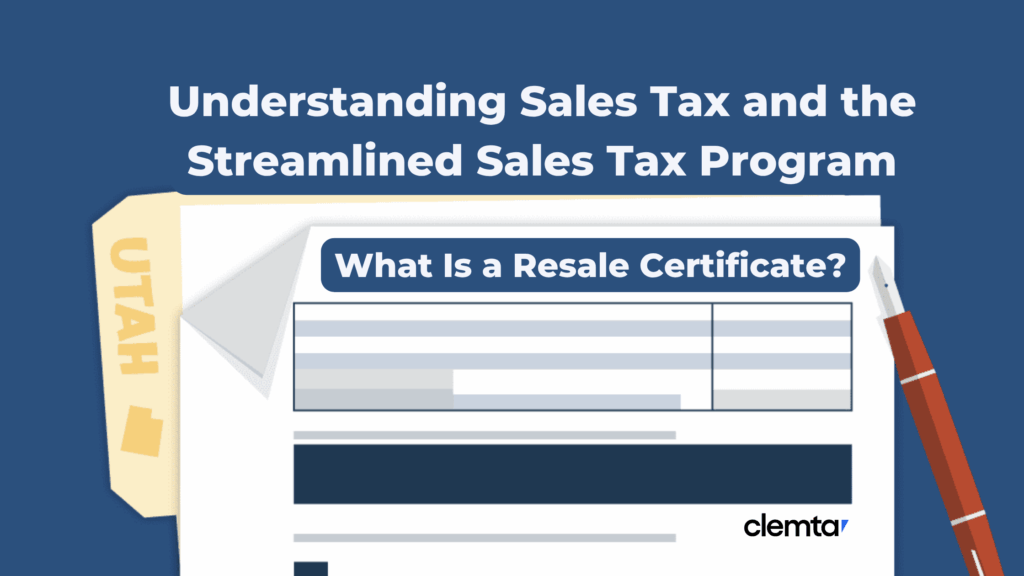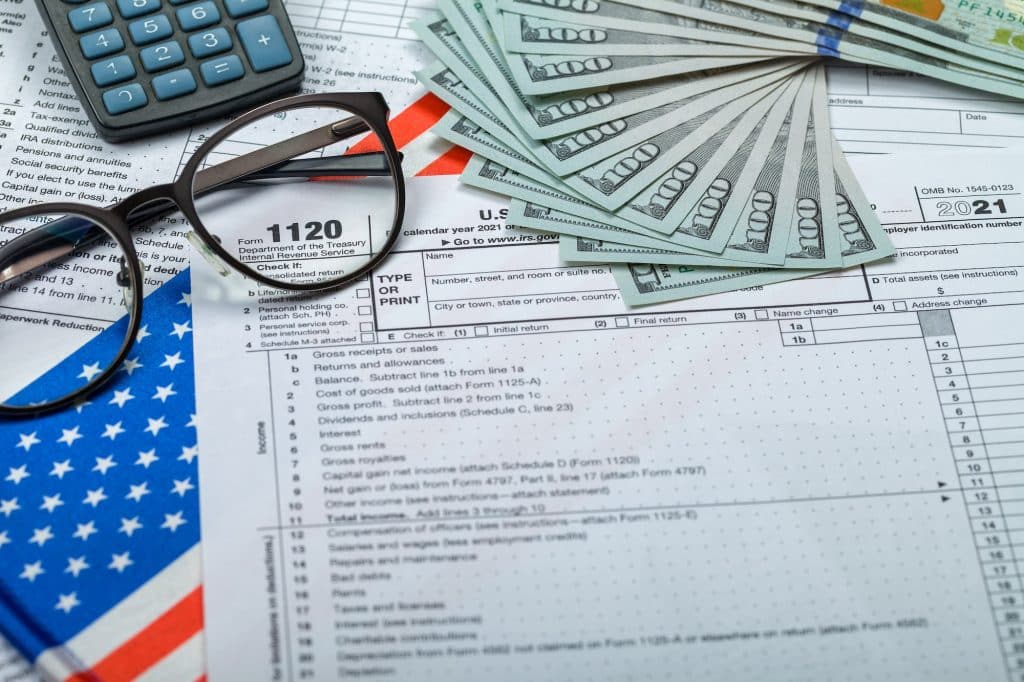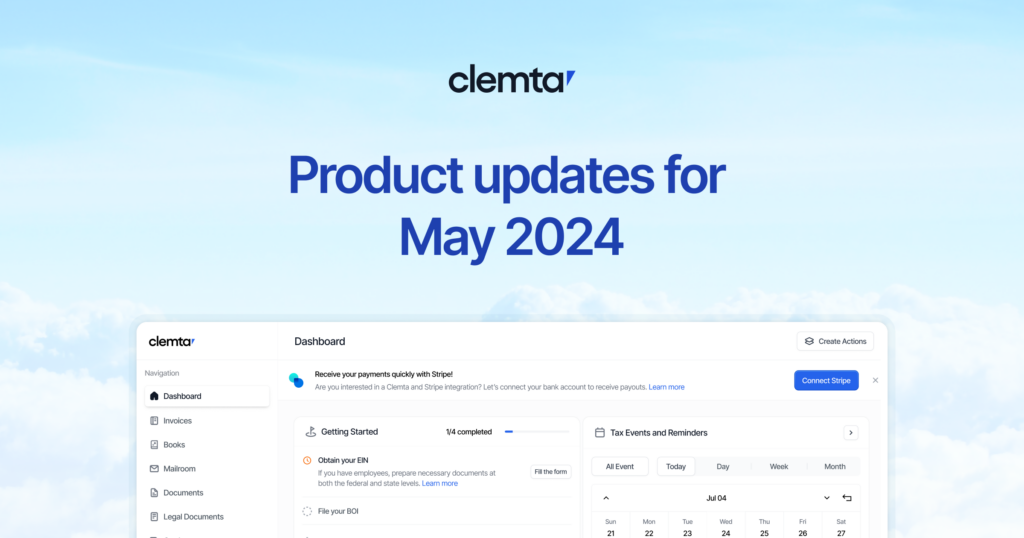Introduction
Navigating the complexities of tax regulations in the United States can be a daunting task for ecommerce business owners and startup founders, especially international entrepreneurs. As you establish your business and seek rapid growth in the competitive US market, understanding the intricacies of use tax and sales tax is crucial. This blog post aims to demystify these two commonly misunderstood taxes and provide clarity on their differences and requirements. Whether you’re selling on platforms like Amazon, Shopify, or Etsy, or setting up a brick-and-mortar presence, these insights are important for compliance and financial planning. For more detailed guidance on tax compliance and other business services, visit Clemta.
What is Sales Tax?
Sales tax is a consumption tax imposed by the government on the sale of goods and services. In the US, sales tax is typically levied at the state, county, and municipal levels, with rates and regulations varying widely across jurisdictions. The seller is responsible for collecting sales tax from customers at the point of sale, which is subsequently remitted to the government. Businesses with a physical presence, or nexus, in a state are required to collect sales tax in that jurisdiction.
Key Points:
- Sales tax is imposed on the final consumer of the product or service.
- Businesses must register for a sales tax permit in states where they have nexus.
- The rates and rules can vary significantly from one state to another, making compliance challenging for multi-state sellers.
What is Use Tax?
Use tax complements sales tax and applies to the usage, consumption, or storage of goods not subjected to sales tax at the time of purchase. This often happens when buyers purchase goods from a state with no sales tax or a lower sales tax rate and bring them into a state with a higher rate. Generally, the buyer is responsible for paying the use tax.
Key Points:
- Use tax ensures that a state appropriately taxes goods consumed there, even if the point of sale didn’t collect sales tax.
- Businesses might need to self-assess and pay use tax on out-of-state purchases that didn’t include the appropriate sales tax.
- States actively enforce use tax compliance to protect local tax revenue.
Sales Tax Nexus and Economic Nexus
Understanding sales tax nexus—both physical and economic—is vital for your business. As an ecommerce entrepreneur, you must collect sales tax in states where you have a physical location and in states where your sales exceed certain economic thresholds under economic nexus laws. This requirement exists even without a physical presence in those states.
Physical Nexus
Physical nexus occurs when a business has a tangible presence in a state, such as an office, warehouse, or retail store. This presence obligates the business to collect and remit sales tax in that state.
Economic Nexus
Economic nexus is established when a business exceeds a specific sales revenue threshold or number of transactions in a state, regardless of physical presence. This concept has gained prominence following the Supreme Court’s decision in South Dakota v. Wayfair, Inc.
Compliance Challenges and Strategies
Multi-State Compliance
For businesses operating in multiple states, staying compliant with varying tax laws can be overwhelming. Each state has its own set of rules, rates, and filing requirements, which can lead to confusion and potential errors. Developing a robust compliance strategy is essential. This may include hiring tax professionals, using specialized software, or consulting with experts who understand the nuances of each jurisdiction.
Record Keeping and Documentation
Maintaining accurate records is critical for tax compliance. Businesses should keep detailed documentation of all transactions, including sales invoices, purchase receipts, and tax filings. Proper record-keeping not only helps in accurate tax reporting but also serves as evidence in case of audits or disputes with tax authorities.
Simplifying Compliance with Automated Tools
Given the complexity of managing sales and use tax across various jurisdictions, leveraging automated tax compliance solutions can streamline the process for your SaaS business. Such tools can help with rate calculation, tax filing, and staying updated with regulatory changes, allowing you to focus on scaling your business without getting bogged down by tax complexities. To explore how automated solutions can benefit your business, consider consulting with a Clemta expert.
Conclusion
Sales tax and use tax both play significant roles in the tax landscape for ecommerce businesses in the US. Recognizing the differences and ensuring compliance is not only a legal obligation but also a strategic step towards maintaining the financial health of your business. By understanding these taxes and utilizing appropriate tools, you can effectively manage your tax responsibilities while concentrating on growth and expansion. For tailored assistance with navigating US tax requirements, company formation, and other essential services for your business, visit Clemta today.







